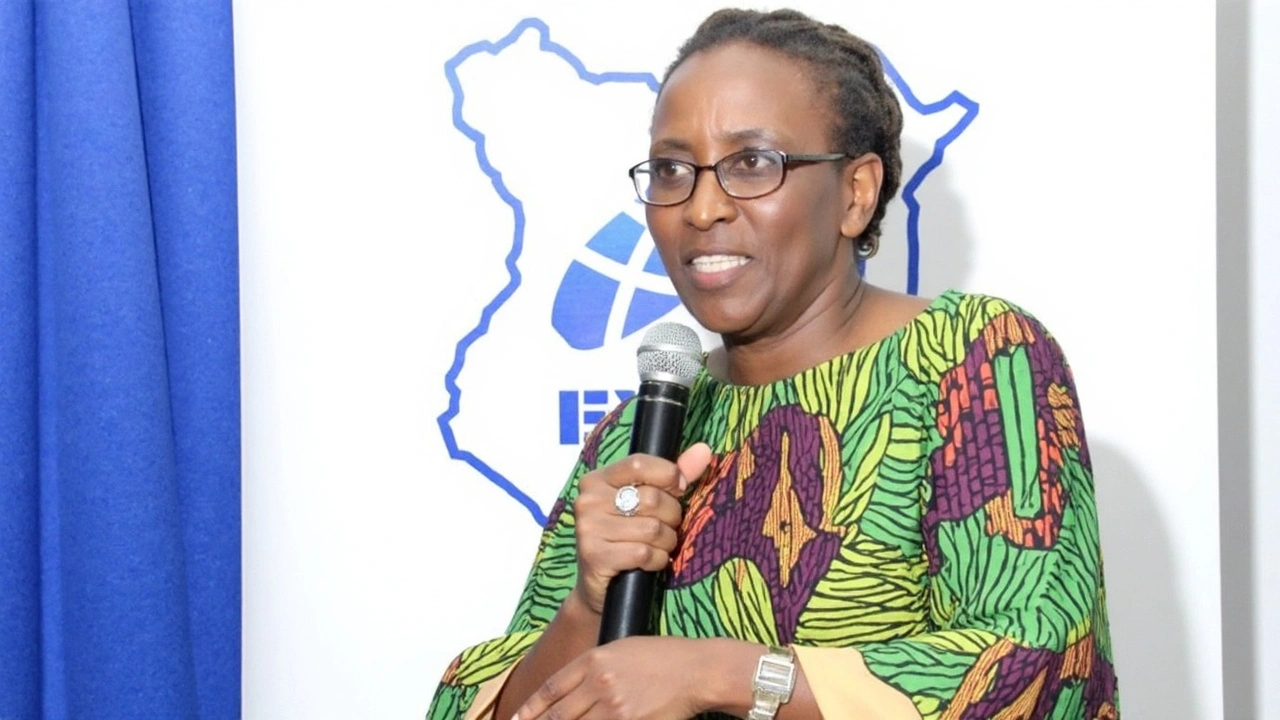Engineers Board of Kenya: what it does and how to deal with it
The Engineers Board of Kenya (EBK) regulates engineering practice in Kenya. It registers engineers and technicians, issues practicing licences, sets education and training standards, and enforces a code of conduct. If you work in engineering or plan to, knowing how EBK works saves time and avoids penalties.
How EBK affects you and how to register
If you design, supervise or sign engineering work in Kenya you likely need EBK registration and an active practising licence. Employers ask for EBK numbers on pay slips and contracts. Projects that use public funds often require teams led by registered engineers. Without the right registration you can lose bids, face fines, or be stopped from working on sites.
First, check which category fits your qualification: graduate engineer, professional engineer, technologist or technician. Gather certified copies of your degree or diploma, transcripts, identity document, and a CV showing work experience. Many applicants must complete a period of supervised practical experience; keep evidence like supervisor reports and work logs. Fill the EBK application form online or at the office and pay the required fee. Some applicants sit a professional interview or exam — prepare clear project summaries and evidence of responsibilities. After approval you get an EBK registration number and can apply for a practising licence, which you must renew regularly.
Common problems, discipline and where to get help
Transcripts or certificates that are not certified cause delays; get sworn copies or stamps from a commissioner of oaths. If your degree is from outside Kenya, expect an assessment and possible extra paperwork. Keep a neat folder with dates for renewals, CPD records and receipts — EBK checks continuous professional development. If you change employers or names, update your details quickly to avoid mismatches during tendering or verification.
Follow EBK’s code of conduct: don’t sign work you did not supervise, declare conflicts of interest, and always prioritise public safety. Keep clear project records and communications. If a complaint arises, respond promptly and provide documentation. Many fines and bans result from poor record keeping, not just technical mistakes.
Use trusted mentors, senior colleagues, or professional associations to review your application and help prepare for interviews. Ask your employer’s HR or compliance team for guidance — they process EBK checks often. For specific rules, always consult EBK’s official notices or contact their helpdesk. That saves guesswork and keeps your career moving.
Want to be ready? Start organising your documents today, track CPD, and talk to a mentor about a supervised experience plan. Registration isn’t magic — it’s paperwork and proof of safe, capable practice. Get it right and you’ll open more projects and protect your reputation.
Keep digital copies and backups of every submission and receipt. Name files clearly and create calendar reminders at least three months before licence expiry. Regularly log CPD activities with dates and proof. These small steps cut last-minute stress and can save time and money. Too.
